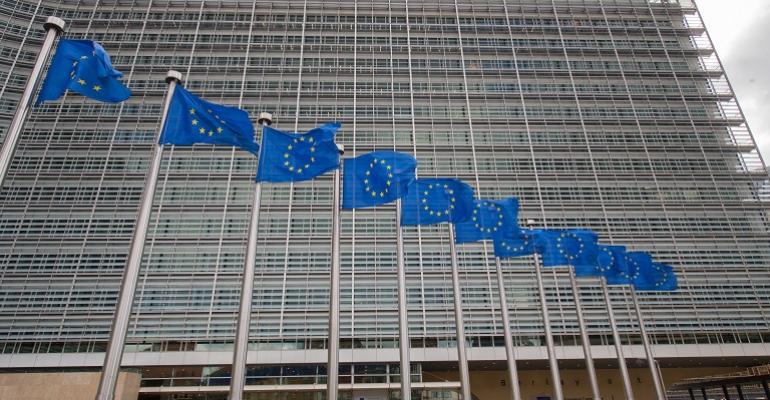The ‘FuelEU Maritime Initiative’, part of the EU’s Fit for 55 package, is intended to kick-start the large-scale production of sustainable marine fuels by increasing demand for renewable and low-carbon options from January 2025.
The regulation has been designed to speed up the consistent use of renewable and low-carbon fuels while ensuring shipping’s smooth operation and avoiding distortions in the internal market, according to a statement issued on behalf of the EU Council of Ministers.
The new regulation has a range of provisions including a requirement for ships to adopt the Commission’s reporting and review process from August next year. Requirements will include:
- the greenhouse gas intensity of fuels used by the shipping sector will gradually decrease over time, by 2% in 2025 up to as much as 80% by 2050;
- a special incentive regime to support the uptake of so-called ‘renewable fuels of non-biological origin’ with a high decarbonisation potential;
- exclusion of fossil fuels from the regulation’s certification process;
- an obligation for passenger ships and container ships to use onshore power supplies for all electricity needs while moored at the quayside in major EU ports as of 2030, with a view to mitigating air pollution;
- a voluntary pooling mechanism, under which ships will be allowed to pool their compliance balance with one or more other ships, with the pool – as a whole – having to meet the greenhouse gas intensity limits on average;
- time-limited exceptions for the specific treatment of the outermost regions, small islands, and areas economically highly dependent on their connectivity;
- revenues generated from the regulation’s implementation (‘FuelEU penalties’) should be used for projects in support of the maritime sector’s decarbonisation with an enhanced transparency mechanism;
- monitoring of the regulation’s implementation through the Commission’s reporting and review process.
The FuelEU Maritime Initiative will enter force 20 days after the publication of the EU’s official journal following the end of summer in the northern hemisphere.
Copyright © 2024. All rights reserved. Seatrade, a trading name of Informa Markets (UK) Limited.
Add Seatrade Maritime News to your Google News feed.  |

